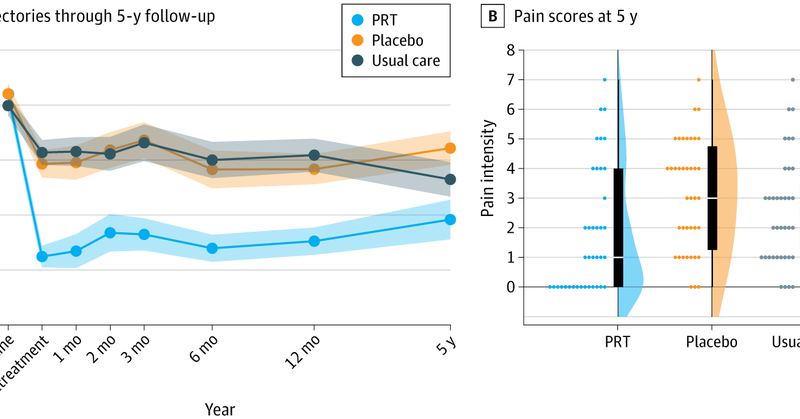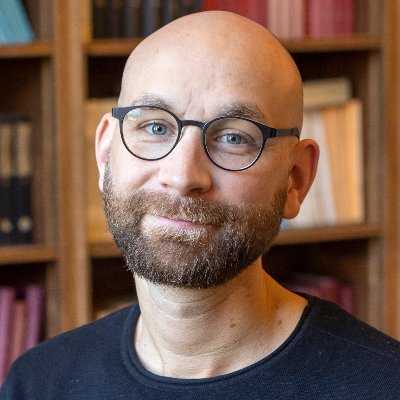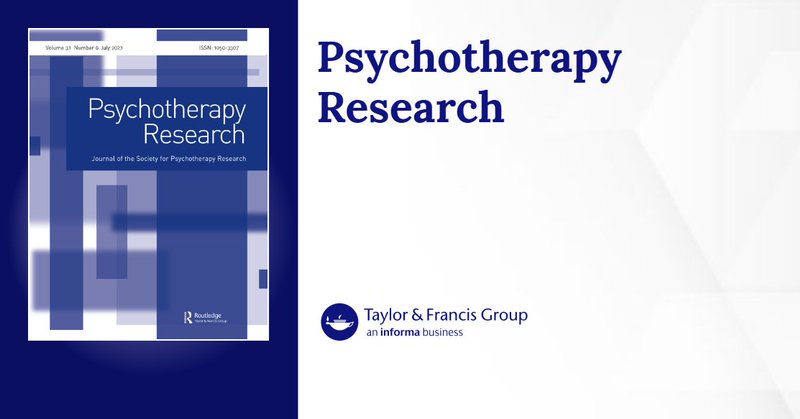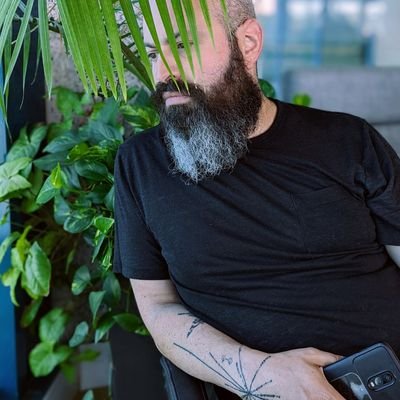
Liron Rozenkrantz
@LironRozenkrant
Followers
967
Following
6K
Media
44
Statuses
701
Assistant Prof @biumedicine, head #HealthScience MSc program. Studying mind-brain-body, effects of beliefs on physiology, member @Harvard_PIPS
Israel
Joined October 2017
I am super excited and honored to be named an APS Rising Star by @PsychScience !! 🌟 So grateful to my mentors, nominators, and colleagues, and excited to continue advancing research at the intersection of psychology, biology and human health! #beliefslab #APS2025RisingStars
14
1
44
Super helpful for authors, and also, i.m.o, will greatly contribute to more transparent and bias-free paper review. Not necessarily instead of, but rather in addition to, the current peer review method.
0
2
7
I've used qed several times (on own papers) & found it incredibly helpful: 1) it analyzes main and secondary arguments and how strongly each is supported. 2) it beautifully explains what is missing + (real!) refs to papers/ methods that could help. 3) it rates novelty and impact.
BIG ANNOUNCEMENT📣: I haven’t been this excited to be part of something new in 15 years… Thrilled to reveal the passion project I’ve been working on for the past year and a half!🙀🥳 It started from my frustration with the depressing effect that the current publishing system has
4
14
72
What can *genetic insensitivity to opioids* teach us about endogenous opioid function in humans? Fully funded position in Oslo (PhD student or postdoc) Please RT Interested in pain, mu/kappa opioids, behavioural genetics, RCTs, or related? Apply here: https://t.co/FfJscYbvUt
1
11
17
3 years ago, we reported a clinical trial showing substantial reductions in chronic back pain with pain reprocessing therapy (PRT), along with functional brain changes Delighted to share today 5 year follow-up, showing these pain reductions are durable https://t.co/jIs9IMU4pe
jamanetwork.com
This secondary analysis of a randomized clinical trial provided 5-year follow-up data for individuals with chronic back pain treated with pain reprocessing therapy, placebo, or usual care.
4
23
94
A huge milestone for the lab, and for me personally 💪Thank you Israel Science Foundation #ISF for supporting our research on #nocebo effects in everyday life. We'll examine how health perceptions can causally shape physical health outcomes, and study the mechanisms involved.
Congrats to our #ISF 2025–2026 grant recipients from the @Bar_ilan Azrieli faculty of medicine: Dr. @LironRozenkrant is exploring how subjective health perceptions impact physical health; Prof. David Karasik is studying early bone development to prevent osteoporosis later in
8
2
59
מתעניינים בתואר מתקדם במדעי הרפואה או מדעי הבריאות? בואו למפגש מתעניינים בתארים מתקדמים במחקר , שייערך השבוע ביום ו׳, 18.7 בין השעות 9:30-12:30 בקמפוס הפקולטה, רח׳ הנרייטה סאלד 8, צפת. להרשמה> https://t.co/fGHIdkurNc
@Bar_ilan
0
1
1
Psychedelic science largely ignored problem of unblinding, dramatically inflating effect sizes (not even *assessed* in most studies). New study: psychedelics don't outperform antidepressants in fair comparison where both studies are unblinded. https://t.co/677fvgAb9s
16
93
506
This work is a result of a magical interdisciplinary collaboration and years of joint work with Sigal Zilcha Mano (psychotherapy), Itai Dattner (statistics) & Alex Laskorunsky, all from @UofHaifa, and with the support of the Data Science Research Center! #beliefslab @biumedicine
0
0
1
Putting this into context of broader belief updating frameworks that we and others proposed, expectancy change can be seen as an ecological, dynamic marker of belief revision, a process central to both recovery from depression and models of adaptive cognition.
1
0
1
We think this has meaningful implications. It suggests we should track belief trajectories in therapy, not just symptoms. Therapy works in part by helping people revise what they believe is possible. Expectancy change could be a marker of progress and a target for intervention.
1
0
1
Expectancy updating significantly predicted recovery, even more strongly than baseline expectancy, based on model coefficients. In other words: It’s not just where you begin, it’s the direction you move. Expectancy change is not just noise - it’s a clinically meaningful signal.
1
0
1
Some started hopeful. Some didn’t. But those who became more hopeful, who updated their beliefs upward, showed the greatest improvement by the end of treatment. This was evident both in the extent of depressive score change and speed of improvement.
1
0
1
We followed 75 patients with verified major depression over 16 therapy sessions. At 6 points, we asked about their outcome expectancy. Then we tracked both where they started and how that expectancy changed throughout treatment.
1
0
1
Most research focuses on baseline expectancy: patients' initial belief that therapy will help - a major predictor of therapy outcome. But expectancies aren't fixed. They can shift over time. We asked: Do these within-person changes in expectancy predict treatment success?
1
0
1
In psychotherapy, treatment expectations matter. But even more powerful? ➡️ How they change over time. Our new paper shows that updating expectations during psychotherapy for MDD predicts depression outcomes. 🔗 https://t.co/EcMghYlqsb
#depression #psychotherapy #beliefupdating
tandfonline.com
Dynamic changes in patients’ outcome expectancy have been increasingly recognized as important for psychotherapy success. However, whether expectancy change predicts treatment outcomes independentl...
3
0
12
Iranian missile strike devastates two buildings at Israel’s Weizmann Institute | Science | AAAS
science.org
Hundreds of scientists have lost labs, equipment, and specimens
2
19
35
We did not choose where we were born. But apparently, one's nationality, not their science or even their opinions, is enough to disqualify them.
1
7
45
Postdocs in Boston-let’s meet @ScienceAbroad☕ I’ll be in town June 26 with @ItayKoren to chat about academic careers @Bar_ilan Learn how the faculty application process really works, with behind-the-scenes insight. 📍10AM | 240 Longwood Ave, C-517 RSVP: https://t.co/mXxrdUrMkH
0
3
5
Chronic #pain involves changes in multiple brain pathways, including those responsible for nociception, threat, and reward. What self-management practices can help people live with these changes or even reverse them? Cognitive, behavioral, and #digitalhealth strategies can help!
0
8
17














